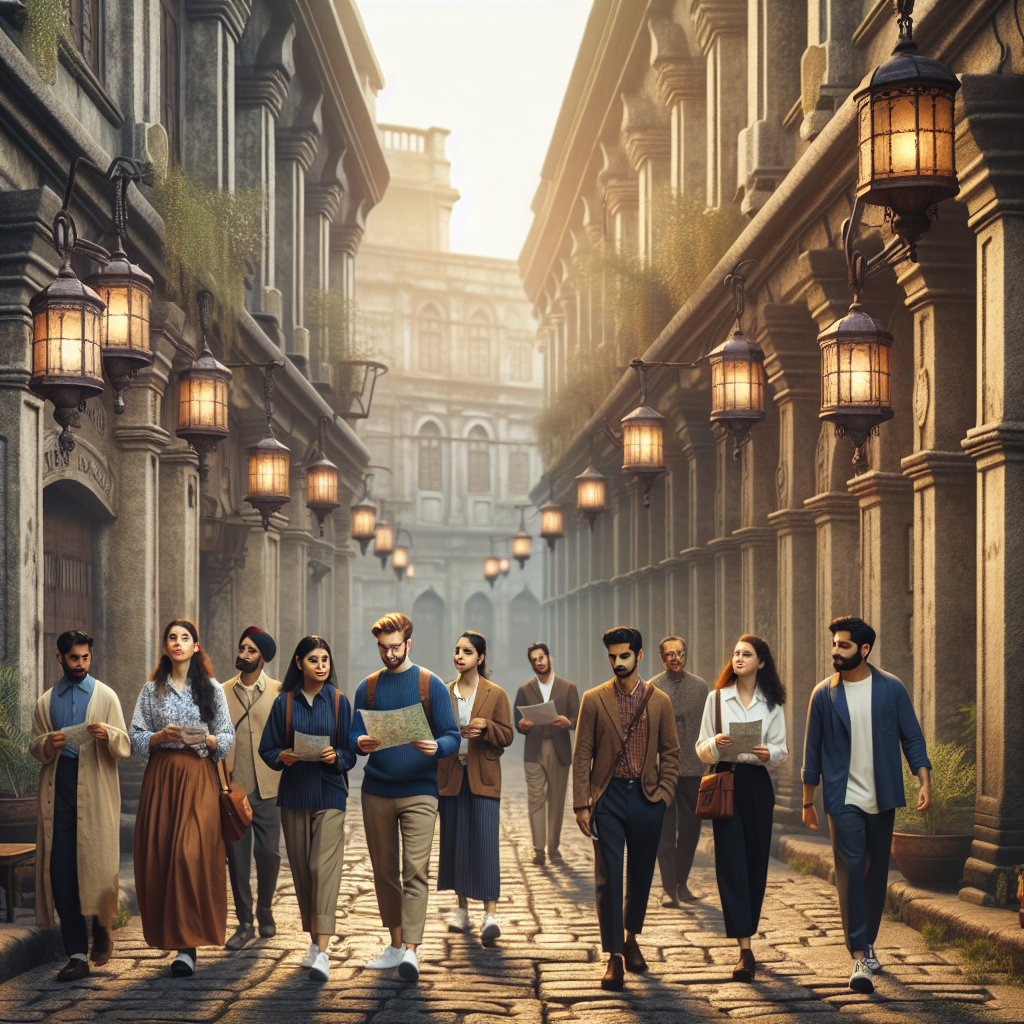UNESCO and Khalili Launch Partnership to Democratize Access to Documentary Heritage
The collaboration aims to digitally preserve and expand global access to UNESCO’s Memory of the World collection, highlighting the shared legacy of humanity and promoting awareness of underrepresented regions and narratives.

UNESCO’s Memory of the World (MoW) Programme has announced a groundbreaking new partnership with the Khalili Foundation, aimed at democratizing access to and preserving the world’s documentary and audiovisual heritage. This collaboration focuses on digitally safeguarding valuable records of humanity’s shared history, ensuring these materials remain accessible to people worldwide and helping foster a deeper understanding of diverse cultures and their contributions to global heritage.
The partnership's main focus is the digital preservation of the documentary heritage inscribed on the MoW International Register, a collection that includes a wide array of materials such as manuscripts, maps, court documents, rock inscriptions, diplomatic exchanges, and more. Together, these pieces of history chronicle human progress and the complex story of different civilizations, providing a window into how communities have lived, created, and influenced one another over the ages.
However, this invaluable heritage faces numerous threats, including the impacts of climate change, armed conflicts, lack of resources for preservation, and the risk of technological obsolescence. In response, the collaboration between UNESCO and the Khalili Foundation aims to prevent the loss of this cultural wealth and protect it from collective amnesia.
Strengthening Preservation and Access through Digital Tools
The new partnership is crucial for supporting the MoW Programme’s objectives, which include ensuring the preservation of documentary heritage, promoting universal access, and raising awareness of its cultural significance. The initiative aligns with UNESCO’s 2015 Recommendation on the Preservation of, and Access to, Documentary Heritage, which calls for the protection of documentary heritage in both physical and digital forms.
A key element of this collaboration is the development of a comprehensive digital database that will provide metadata, contextual information, and narrative amplification of the entire MoW International Register. This database will be hosted on Wikimedia platforms and will be available in multiple languages, enhancing accessibility and allowing for greater global engagement with the collection.
This initiative also focuses on filling the gaps in digital access to documentary heritage, especially regarding underrepresented regions and marginalized communities. By spotlighting lesser-known stories from areas such as the Arab Region and Africa, as well as from underrepresented groups like indigenous peoples, the partnership seeks to encourage the submission of more diverse heritage for inclusion on the MoW International Register. In particular, there is a concerted effort to highlight socially transformative narratives, including those related to women and gender empowerment.
Raising Awareness and Engaging Future Generations
In addition to preserving and expanding access to documentary heritage, the project aims to mainstream global awareness of its significance. This includes demonstrating how the history contained in the MoW International Register is still relevant to our lives today, across all societies. To engage younger generations, the project will use innovative digital tools and storytelling techniques, ensuring that this rich cultural legacy is accessible and meaningful to all, particularly students and educators.
This new partnership complements UNESCO’s broader efforts to enhance access to documentary heritage, especially for collections that have been historically underrepresented. Recent initiatives by the MoW Programme include collaborations with Google Arts and Culture to provide immersive educational resources, the creation of an e-course for educators in the fields of art, history, and literature, and a coffee table book showcasing the Documentary Heritage Treasures of Africa. Additionally, UNESCO is involved in projects aimed at preserving documentary heritage in key sites such as AlUla.
A Shared Commitment to the Preservation of Global Heritage
Through this partnership with the Khalili Foundation, UNESCO is taking significant steps to safeguard the world’s documentary heritage and promote global awareness of its value. By leveraging digital technology, engaging local communities, and advocating for the preservation of cultural history, this collaboration will help ensure that the stories of humanity’s past remain accessible to future generations, fostering mutual understanding and respect among diverse cultures worldwide.
- READ MORE ON:
- UNESCO
- Memory of the World
- Khalili Foundation









